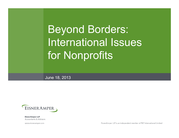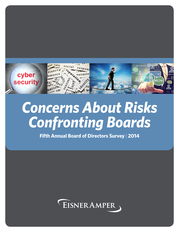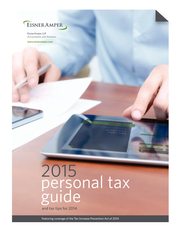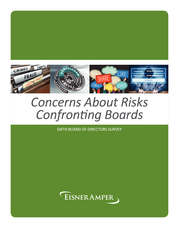Description
IRS Circular 230 disclosure: To ensure compliance with requirements
imposed by the IRS, we inform you that any U.S. federal tax advice contained
in this document is not intended or written to be used, and cannot be used,
for the purpose of (i) avoiding penalties under the Internal Revenue Code or
(ii) promoting, marketing or recommending to another party any tax-related
matter(s) addressed herein.
.









